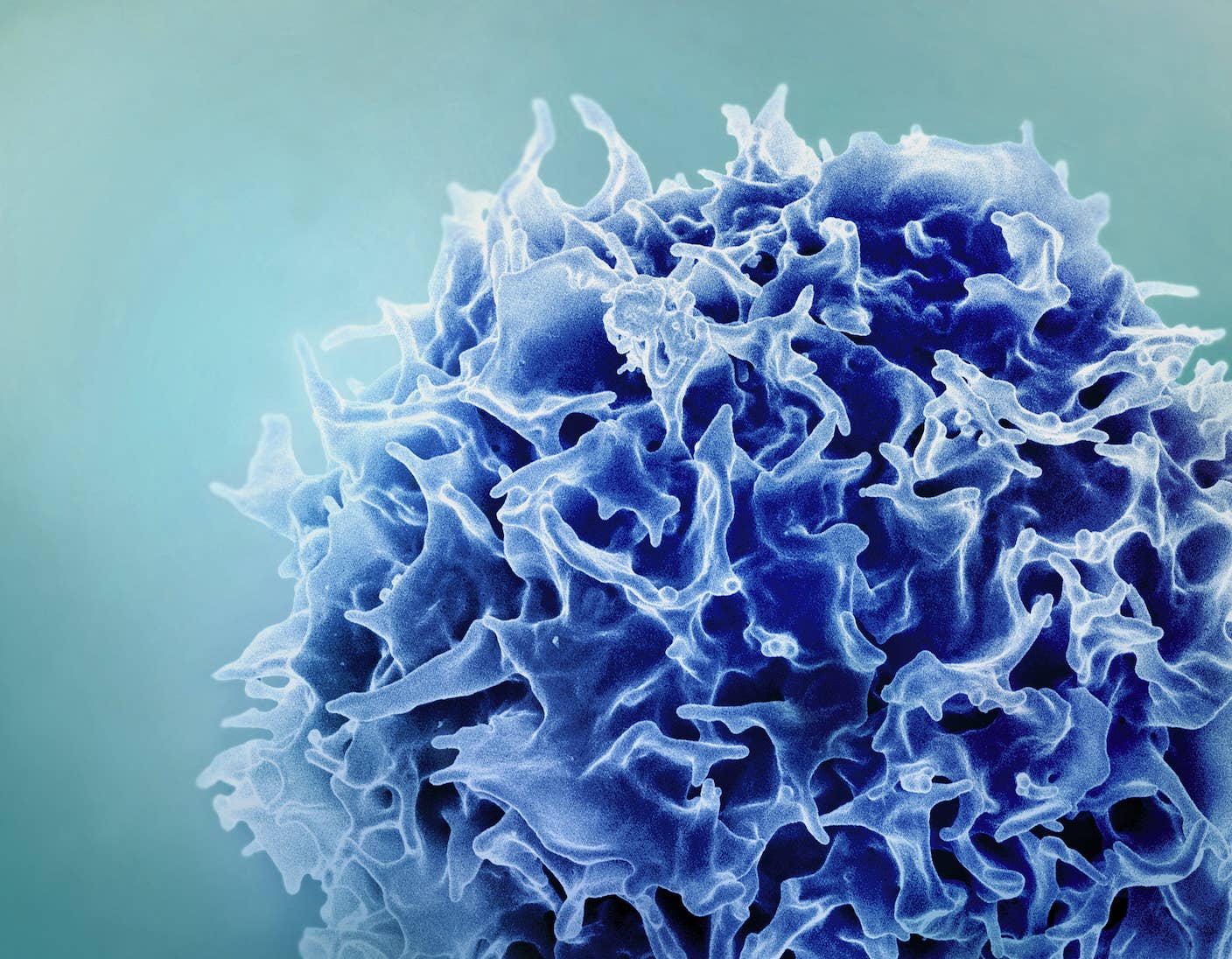Have researchers found the ‘fattening gene’?

Share
Collaborating German and Japanese scientists have studied mice lacking a gene that plays a central role in energy metabolism. Their findings? The mice maintain their normal weight, despite consuming foods high in fats.
"We established that Sirt7-knockout mice put on significantly less weight than the control group. On the contrary, they maintained their normal weight," says Eva Bober, a scientist at the Max Planck Institute for Heart and Lung Research.
To investigate the molecular processes behind this observation, the scientists studied the gene activities of the liver cells and determined that Sirt7 activates the expression of a large number of genes for lipid metabolism. The liver cells of mice lacking the gene were largely unactivated, so fewer fat depots formed as a result.
![Microscope images show the liver tissue of control animals (left) and mice that lack the SIRT7 gene magnified by a factor of 400. Whereas the control animals form large numbers of fat depots when fed a high-fat diet, the SIRT7-knockout mice do not develop fatty liver. [Photo: Max Planck institute]](https://singularityhub.com/wp-content/uploads/2014/05/140430133147-large.jpg)
Microscope images show the liver tissue of control animals (left) and mice that lack the SIRT7 gene magnified by a factor of 400. Whereas the control animals form large numbers of fat depots when fed a high-fat diet, the SIRT7-knockout mice do not develop fatty liver. [Photo: Max Planck institute]
"We discovered a second mechanism as well," says Bober. "Sirt7 also inhibits the degradation of certain proteins. Because they are then active for longer, these proteins also make a greater contribution to energy storage than is actually intended."
Be Part of the Future
Sign up to receive top stories about groundbreaking technologies and visionary thinkers from SingularityHub.


It's worth noting that last year, another gene called Plin2 had similar results was identified by NIH-funded research at the University of Colorado. The mice in this study had smaller fat cells and showed greater restraint when eating.
For Sirt7, the next step is to develop therapeutic approaches that target the gene. If a drug can be identified that reduces the efficiency of lipid metabolism, by inhibiting expression of Sirt7 for example, it could help people avoid becoming overweight regardless of what or how much they eat.
Read more at Science Daily: Fattening gene discovered by researchers and Gene identified that causes obesity in mice
[Image: flickr/Jean-Etienne Minh-Duy Poirrier, Tony Alter]
I enjoy all types of futurology. I especially enjoy staying up to date with the latest advancements in machine learning and artificial intelligence. You can usually find me roaming the depths of the internet.
Related Articles

Single Injection Transforms the Immune System Into a Cancer-Killing Machine

This Light-Powered AI Chip Is 100x Faster Than a Top Nvidia GPU

This Week’s Awesome Tech Stories From Around the Web (Through December 20)
What we’re reading
